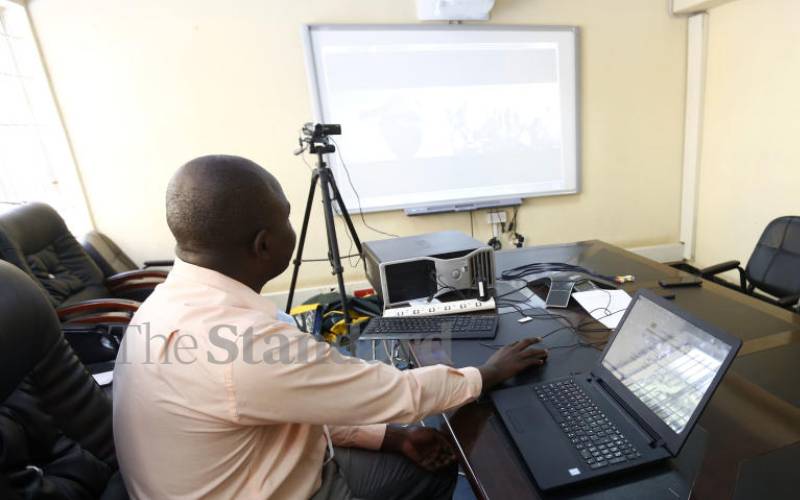×
The Standard e-Paper
Smart Minds Choose Us

A new study expects 50-55 per cent of jobs in Kenya to rely on digital skills by 2030, up from 25-30 per cent in 2019.
According to a new report released yesterday by UNESCO in conjunction with Chinese tech giant Huawei, the digital economy is expected to account for 25 per cent of the global GDP by 2026, up from 15.5 per cent in 2016.






